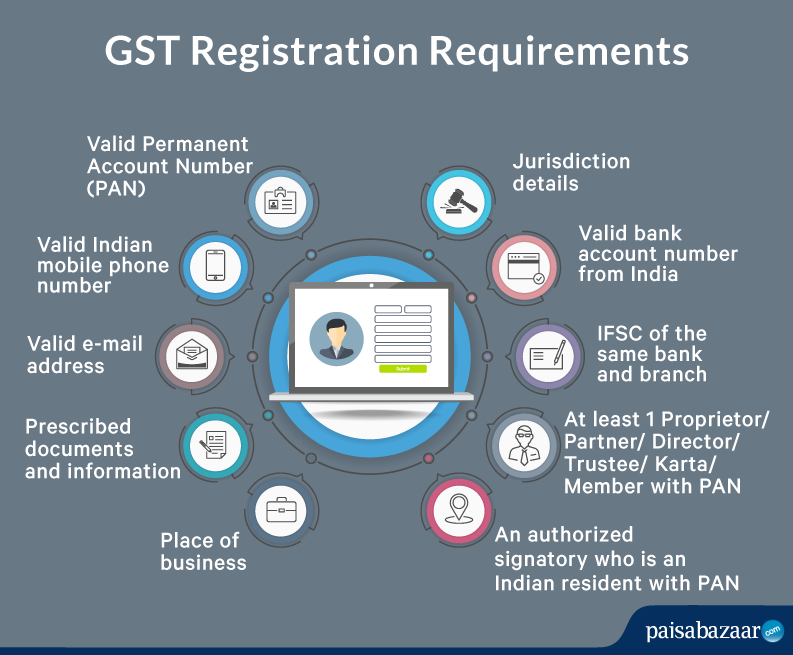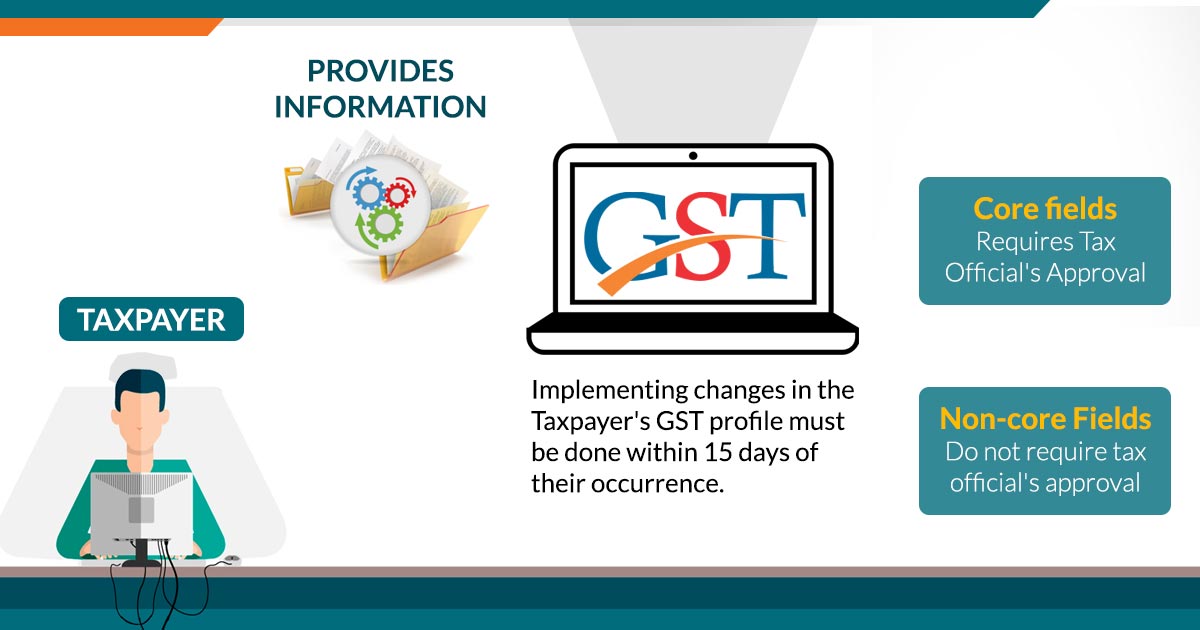Prevent Typical Errors in Singapore GST Registration for Your Company
Prevent Typical Errors in Singapore GST Registration for Your Company
Blog Article
Taking Full Advantage Of Tax Effectiveness: Specialist Tips on Browsing the GST Registration Labyrinth for Local Business
Navigating the intricate landscape of Item and Provider Tax (GST) registration can be a labyrinthine job for small companies aiming to maximize their tax obligation effectiveness. Comprehending the eligibility standards, careful paperwork requirements, critical timing factors to consider, and proficient registration procedure suggestions can considerably impact a firm's financial standing. Conformity with GST guidelines is critical, and sticking to finest practices can simplify operations and prevent possible mistakes. In this conversation, we will discover skilled understandings and actionable suggestions that can empower tiny services to browse the GST registration puzzle successfully and optimize their tax performance.
Qualification Criteria
Eligibility requirements for Small Company GST Registration encompass specific criteria that organizations need to satisfy to conform with tax policies. To qualify for GST registration, a business has to have a yearly turn over surpassing the threshold set by the tax obligation authorities, which differs by country.

Documentation Needs
To efficiently complete the process of GST enrollment, local business have to ensure they have all necessary documents in order. The needed documentation typically consists of proof of organization registration or identity, address and unification proofs of business owner, photos, checking account information, and evidence of the primary workplace. In addition, services require to offer information of their business tasks, consisting of the goods or solutions provided. It is essential to make sure that all documents are precise, approximately date, and in the defined format to avoid delays or beings rejected during the registration procedure.
Maintaining all required documents organized and readily obtainable can enhance the registration procedure and help services comply with the needs effectively. Thorough interest to information and adherence to the paperwork standards are important for an effective GST registration procedure for small services.
Timing Considerations
Taking into consideration the important documents requirements have actually been meticulously attended to, the following vital facet for small companies embarking on the GST registration procedure is the strategic administration of timing factors to consider. Timing plays a pivotal function in GST enrollment, influencing not only compliance yet additionally financial elements of business. Small companies need to very carefully intend the timing of their GST enrollment to optimize advantages and lessen potential risks.

In addition, organizations need to straighten the timing of their GST enrollment with their functional preparedness. Ample prep work, such as updating bookkeeping systems and training staff, is important to effortlessly integrate GST requirements right into daily operations. By purposefully taking care of timing factors to consider, little companies can navigate the GST enrollment process efficiently and maximize their tax obligation effectiveness.
Registration Refine Tips
Effectively navigating the GST enrollment process requires tiny companies to implement proactive and critical registration procedure ideas. One essential pointer is to make sure all required records are easily offered prior to starting the enrollment process. This consists of company enrollment files, evidence of address, bank declarations, and identification evidence of the company proprietors. Verifying the precision of the information supplied is just as important to avoid delays or denials.
Furthermore, comprehending the limits and requirements for GST registration based on the certain state or region where business operates is necessary. Some states have various turnover thresholds that set off compulsory enrollment, so being educated about these thresholds can help organizations plan ahead.
Another important idea is to take into consideration looking for professional assistance from accountants or tax specialists who focus on GST enrollment. Their expertise web link can streamline the process, decrease errors, and ensure compliance with all regulations.
Compliance Best Practices
Small companies need to focus on compliance to prevent fines and maintain a good standing with tax obligation authorities. Tiny business owners must consistently evaluate federal government standards and look for professional guidance if needed to guarantee they are fulfilling all requirements. By integrating these compliance finest techniques right into their procedures, little services can browse the intricacies of GST registration with confidence and efficiency.
Final Thought
To conclude, local business can browse the GST enrollment puzzle by guaranteeing they meet eligibility criteria, gather required documentation, consider timing implications, follow registration process tips, and adhere to compliance best practices. By making the most of tax performance with appropriate GST enrollment, organizations can boost their monetary administration and operations.
Navigating the intricate landscape of Item and Provider Tax Obligation (GST) registration can be a labyrinthine task for small organizations intending to maximize their tax efficiency.Qualification demands for Small Service GST Registration incorporate details standards that services should meet to abide with tax policies. The called for paperwork normally includes evidence of service registration or address, identity and unification proofs of the business proprietor, photographs, financial institution account information, and proof of the major location of organization. Furthermore, businesses require to provide information of their business tasks, including the products or solutions provided.Successfully navigating the published here GST enrollment process needs tiny companies to apply positive and strategic registration procedure tips.
Report this page